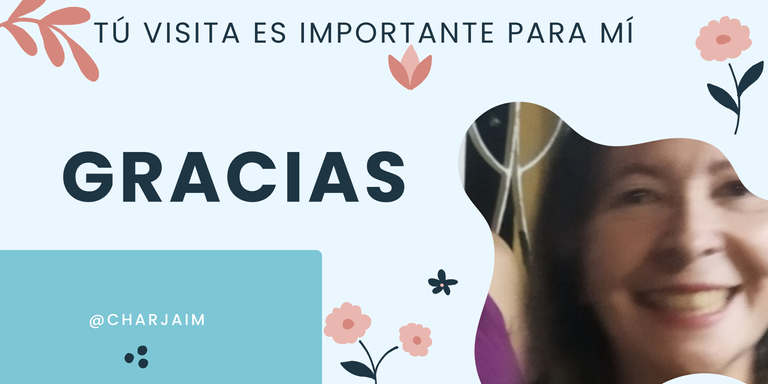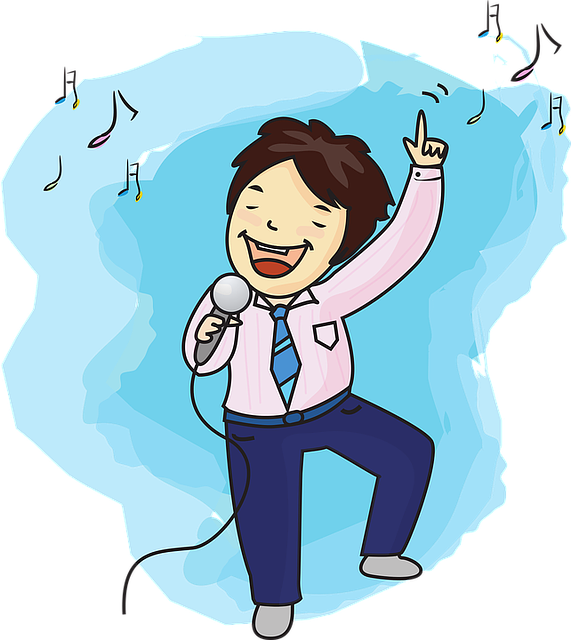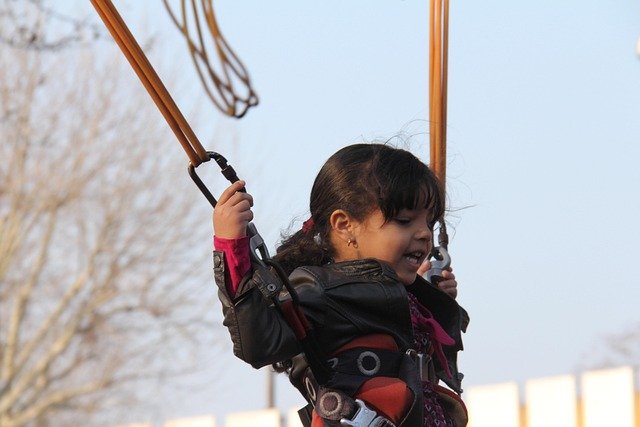Memories of the sayings and proverbs from my childhood. Reflective exercises for this age.
Popular wisdom fills life with beliefs, which are then represented in rigid expressions, called sayings or proverbs. These are part of our upbringing. Some aren't general; they arise from the dynamics of each home. Mine was no exception, and many times, as a mother, I found myself repeating some slogan and heard my oldest daughter telling a son what I had previously expressed to him—a whole chain of phrase.
I was about twelve years old when my father heard me criticizing a famous singer. Some songs by the youth groups of the time were already being broadcast on the radio, which had become my favorites. So I made a negative comment about that singer, whom I really like today because she has a privileged voice. My father said in his authoritarian and forceful tone:
"Do it yourself and see how you do."
That expression, coupled with the fear I already felt for my dad, paralyzed me. It's true, I couldn't, even if I had made a considerable effort, match that singer's vocal timbre, diction, quality, and everything musically compelling.
How many times did that memory, along with that expression, come back to me, every time I felt compelled to make a judgment about something. I passed this on to my children because it's so true: one must value the efforts and dedication of others in any endeavor before passing discriminatory or hateful judgment.
Likewise, I heard my mother use an equally strong remark, one that was meant precisely to correct an unpleasant comment.
He who spits up, gets his spit in his face.>
This was meant to cure the arrogance of someone who, believing themselves to be the master of the truth, uttered an unpleasant expression, also displaying superiority. Then, they had to take back their words, because now it was their turn to do what they had criticized.
I won't drink that water>
Along the same lines is this saying, which reminds me of an anecdote from my childhood. The economic situation was very difficult. One day, lunch consisted of only a plate of black beans (also called haichuelas negra). When I saw them, I said with disgust, "Is that the food?" Well, I'm not going to eat that." My mom didn't respond, she covered it and left it on the table. At three in the afternoon, I couldn't stand my hunger, and, overcome by pride, I sat down and ate that plate of cold beans. It was the most delicious meal I've ever eaten. I'll never forget this memory.
If that guy jumps off a bridge, you'll do it too.>
I often used the fact that my classmates or cousins were already doing it as a justification for doing something. My mom emphatically told me that expression, which I am so grateful for because of how many situations in life I avoided because I understood they had nothing to do with me. That helped me form my own personality and avoid social impositions or trends.
Reaching this age and being able to analyze each saying or proverb, reinforcing some and questioning others, is part of a reflective exercise I like to do.
What do you think about it?
Thank you for your kind reading.
My content is original.
Images from Pixabay with their respective sources.
I have used Google Translate.



Every saying has its counterpart:
‘Let someone else do it, and you'll see how you save yourself the effort.’
‘Spit downwards, it will always fall far away from you.’
‘Never say of this water, I will not drink.’
‘Not because someone else will jump off the cliff, you must do it.’
The world is full of proverbs because they are a wise and concise way of conveying universal experiences, values, andu87uj teachings. They reflect culture, offer practical guidance and connect generations through simple, yet profound messages that transcend time and geography.
Yes, I really like you, unraveling them, seeking the opposite.
Nowadays, many of them aren't very convenient to follow to the letter. The world has changed a lot, yet instructive phrases, which we now call affirmations, continue to be produced. Best regards.
Those are all useful and powerful phrases. Especially the one your father said. I should remember to bite my tongue whenever i have unpleasant things to say.😬
Good morning @charjaim, I share that in every saying that is consolidated there is a vision of the world, a wisdom that comes from daily experience and that when we hear them as adults we can assume them as true or discard them because your vision is clearer and you are convinced that it does not fit you, but when we are children and we listen to them they stay and we accept them as valid and true, some can create many limitations so it is appropriate to review them. Greetings
Translated with DeepL.com (free version)
Hello @charjaim
This is @tengolotodo and I'm part of the Silver Bloggers’ Community Team.
Thank you for sharing your excellent post in the Silver Bloggers community! As a special "token" of appreciation for this contribution to our community, it has been upvoted, reblogged and curated.
These words of wisdom are always instructive. In my childhood, I remember I began writing down those thoughts in a notebook. I used to ask the adults what each person meant and how they applied it. I loved this post. Thank you for sharing.
That initiative in childhood is fabulous. I'm so sorry I didn't collect that knowledge, strange words, and anecdotes from my elders. There was so much wisdom in them. Best regards.
Best regards and blessings!!!
My mother would say to us ...
people who live in glass houses shouldn't throw stones
That's also a more elegant way of saying, with the same meaning, that whoever attacks will be equally affected.